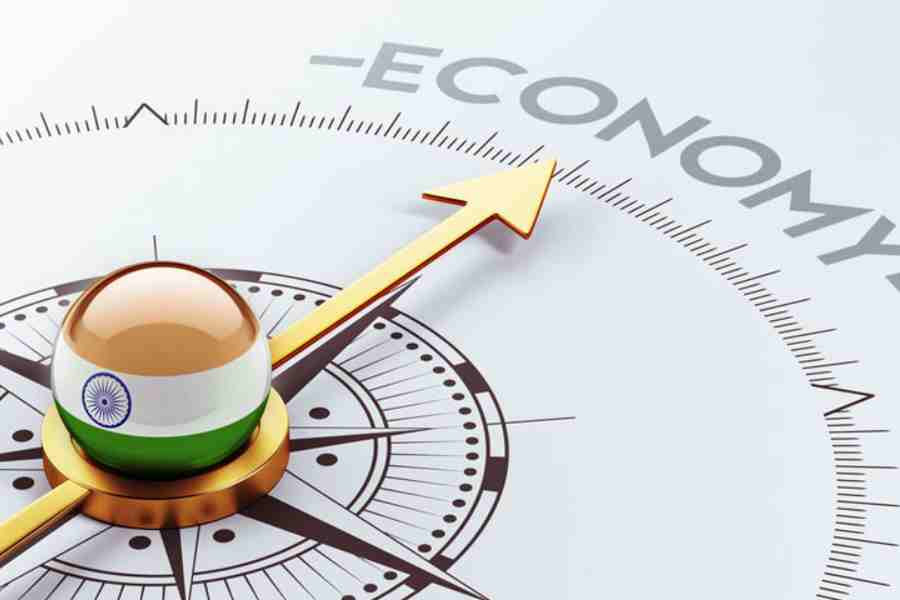Data drawn principally from Expenditure Budget documents over the years reveal that India’s welfare template is suffering on account of the lengthening shadow of governmental negligence. A report by a Parliamentary Standing Committee on Education and Women and Child Development on Demand for Grants for School Education highlighted the dismal state of school education and the urgent need for the government to allocate greater funds to the Sarva Shiksha Abhiyan: more than 14,000 government schools have shut down between 2020-21 and 2023-24, delivering a blow to the goal of achieving universal education. The mid-day meal, which has worked wonders in improving both nutrition and enrolment for school children, is being starved of funds too, spiking school dropout rates and deepening gender disparities in education. Saksham Anganwadi, meant to address the nutritional needs of children between 6 months and 6 years, pregnant women and lactating mothers apart from adolescent girls from “aspirational districts” — whatever that means — has seen cuts in funding as well, leading to severe institutional shortages in anganwadis. Political wrangling and funds freeze have been reported in the case of the 100 day rural job guarantee programme. There is also an urgent need to review the purse strings for the National Social Assistance Programme, which plays a crucial role in providing benefits to vulnerable constituencies such as the elderly, the disabled and widows.
Taken together, this set of data bares monumental government lapses in supporting what are deemed as public goods. This is catastrophic given the fact that welfare is a moral commitment on the part of the State. Moreover, India’s ambition of being a global economic powerhouse is contingent upon the claimants of its economic wealth being representative. This underlines the need for strengthening — not weakening — its welfare programmes, especially since the infrastructure of the delivery mechanism is mostly in place. The gradual enfeeblement of the State’s investment in welfare may also signal a possibility whose repercussions could be serious for Indian democracy. The emerging, transactional compact on welfare with the underprivileged — provision of basic amenities in return for electoral patronage for the ruling regime — threatens to transform citizens’ rights to a form of favour to be dispensed by whimsical powers that be. This would be an inversion — perversion — of the democratic ethos itself.










